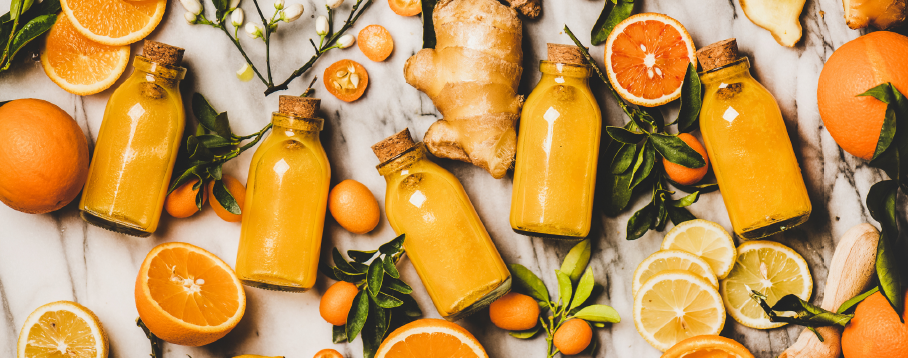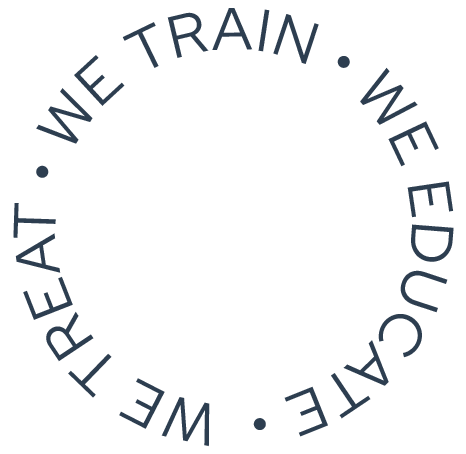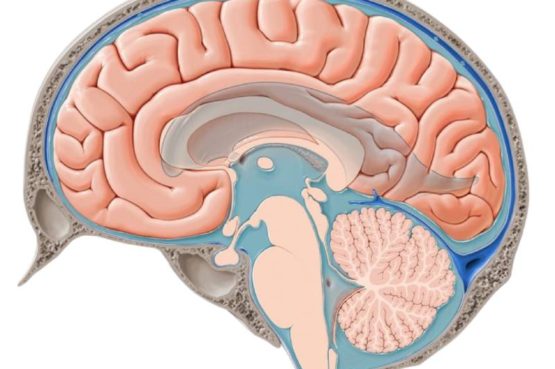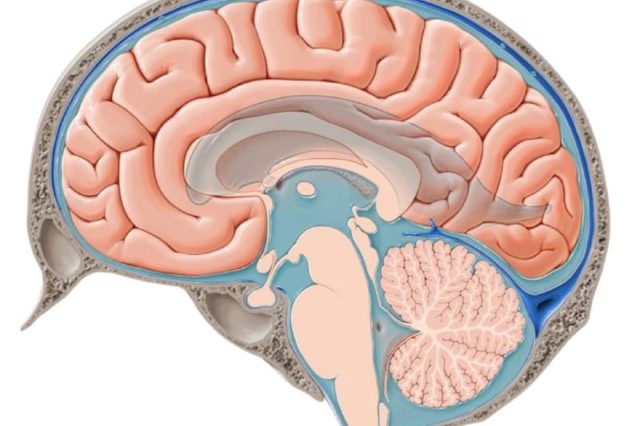Boosting Your Immune System Naturally: A Comprehensive Guide
The immune system is a complex network of cells, organs, hormones, and proteins that work together to keep you healthy. When we’re born, our immune system is like a blank slate, and we gradually build its strength over time. It plays a crucial role in protecting us from various pathogens and maintaining our overall well-being.

Key Components of the Immune System
The immune system includes several vital components:
- Skin and Mucous Membranes: These act as physical barriers and include the mouth, nose, eyes, and vagina.
- Thymus, Spleen, and Bone Marrow: These are where immune cells are produced.
- Lymphatic System: This system circulates pathogens and immune cells.
- Gut: Surprisingly, 70% of our immune system resides in the gut.
Maintaining Balance
A robust immune system maintains a delicate balance between pro-inflammatory (Yang) and anti-inflammatory (Yin) pathways, akin to the interplay of Yin and Yang in traditional Chinese philosophy. The immune system’s two primary arms, TH1 and TH2 responses, reflect this equilibrium.
TH1 Response: Linked with cell-mediated immunity, autoimmunity, and combating intracellular pathogens.
TH2 Response: Associated with allergies, protection against external pathogens, and certain conditions like eczema.
The balance between these responses adapts based on our body’s needs. For instance, when encountering streptococcal bacteria, the TH1 response takes precedence.
Striving for Equilibrium
In cases of autoimmune diseases, there’s often a chronic upregulation of the TH1 response. Treatment typically involves upregulating the TH2 response to restore harmony. Conversely, chronic seasonal allergies frequently manifest a dominance of the TH2 response. Naturopathic approaches aim to strike a balance between these responses to avoid prolonged overactivity in either direction.
Herbs and Nutrients for Immune Equilibrium
Several herbs and nutrients aid in harmonizing the TH1 and TH2 responses, falling into three primary categories:
Anti-Microbial Agents: Directly combat pathogens.
Immuno-Modulators/Stimulators: Regulate the immune response.
Adaptogens: Assist the body in coping with stress and maintaining balance.

Highlighted Natural Solutions:
Elderberry: Potent immune stimulator with antiviral effects, effective in preventing and treating colds and flus.
Echinacea: Immuno-stimulant with anti-inflammatory properties, suitable for daily use as a preventive measure.
Ashwagandha: An adaptogen that bolsters the body’s stress response, enhancing immune resilience.
Garlic, Oregano, and Thyme: Act as antimicrobials but should be used cautiously under naturopathic supervision to avoid microbiome depletion.

Lifestyle Factors and Immunity
Prolonged stress significantly impacts the immune system, elevating cortisol and adrenaline levels, which, when chronically high, suppress the immune response.
Managing stress involves various practices:
Managing Stress
- Daily deep breathing and vagus nerve stimulation through meditation, humming, or gargling. – Adaptogenic herbs to lower cortisol.
- Nervine herbs to lower adrenaline.
The Gut-Immune Connection
Seventy percent of our immune system resides in our gut, so when the microbiome is thrown off, so is the immune system. Elevated cortisol and adrenaline from psychological stress can disrupt the microbiota. When stress is not a factor, a well-balanced microbiota generates short-chain fatty acids known for their anti-inflammatory and immune boosting properties. In times of stress, an imbalanced gut microbial community can impact the regulation of neurotransmitters, and the immune system. Taking probiotics during times of stress can be helpful, as well as a diet rich in fruits and vegetables as they can feed the good bacteria in our gut.
Quality Sleep
The immune system and gut operate on a circadian rhythm. Consistent, quality sleep for at least 8 hours is essential for overall immune health.
Exercise
Regular physical activity is associated with a 43% reduced risk of upper respiratory infections. It is especially reduced in those who exercise for five or more days per week, compared to exercising less than one day each week.
Diet
Incorporate immune-boosting foods like turmeric, nutritional yeast, mushrooms, ginger, onions, garlic, and raw honey. Reducing sugar and alcohol intake is vital, as they are known to suppress the immune system.
Vital Supplements
Vitamin C, acting both as a pro-inflammatory agent and an anti-inflammatory mediator, strengthens the immune response.
Quercetin, an antioxidant supporting lung health and functioning as a natural antihistamine.
Vitamin D, crucial for immune function, especially in maintaining respiratory health and bone strength.
For comprehensive guidance on fortifying your immune health, consider scheduling a consultation with our Naturopathic Doctor, Dr. Elizabeth Miller.

Blog Stories






